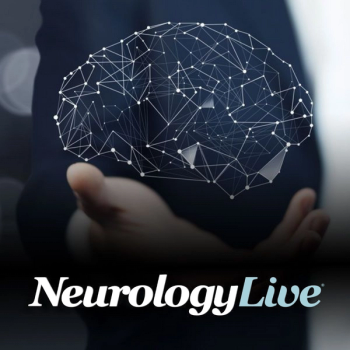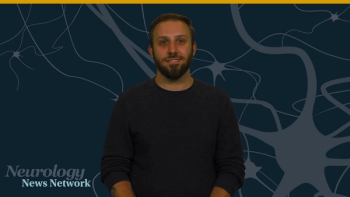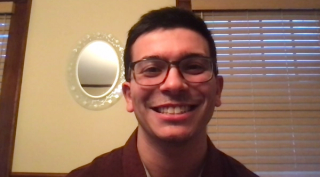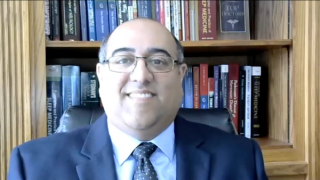
Sleep Disorders
Latest News
Latest Videos

CME Content
More News

Charlene Gamadelo, MD, describes the different categories of FDA approved treatments for insomnia along with challenges associated with these treatments.

Charlene Gamadelo, MD, provides an overview of commonly utilized insomnia treatment modalities in the treatment of female patients with insomnia.

Advanced practice practitioners discuss different types of sleep disorders in the general population and their impact on quality of life.

Wendy L. Wright, DNP, ANP-BC, FNP-BC, FAANP, FAAN, FNAP, and Debra Davis, CRN, provide an overview of the prevalence of insomnia in clinical practice.

Findings from a study on primary care patients with insomnia suggest there are patient preferences for behavioral and medication treatment strategies for sleep health.

In a meta-analyses review of 10 trials, findings revealed a beneficial effect of listening to music to improve sleep quality for adults with insomnia.

The Palatucci Advocacy Leadership Forum, or PALF, sponsored by the American Academy of Neurology, gives neurologists and trainees tools to successfully advocate for their ideas and develop their identity as physician advocates.

Paul Doghramji, MD, FAAFP, discusses best practices for referring patients with sleep issues to a sleep specialist.

An expert in sleep medicine comments on approaching screening patients for insomnia or other sleep disorders in the primary care setting.

Here's some of what is coming soon to NeurologyLive® this week.

Test your neurology knowledge with NeurologyLive®'s weekly quiz series, featuring questions on a variety of clinical and historical neurology topics. This week's topic is headache and migraine.

Neurology News Network for the week ending November 5, 2022. [WATCH TIME: 3 minutes]

Take 5 minutes to catch up on NeurologyLive®'s highlights from the week ending November 4, 2022.

An overview of the different roles of health care professionals in the management of female patients suffering from insomnia.

An overview of the impact insomnia can have on female patient’s quality of life and how they communicate sleep disturbance concerns with health care professionals.

A longitudinal study showed that there were higher levels of alcohol and cannabis use in late adolescent stages who had poor sleep health.

Dr Paul Doghramji shares insight on reasons for the underdiagnosis of insomnia and the importance of treating sleep disorders concurrently with comorbidities.

Paul Doghramji, MD, FAAFP, provides an overview of the prevalence of sleep disorders, including insomnia, in the primary care setting.

Here's some of what is coming soon to NeurologyLive® this week.

Test your neurology knowledge with NeurologyLive®'s weekly quiz series, featuring questions on a variety of clinical and historical neurology topics. This week's topic is epilepsy and seizure disorders.

Take 5 minutes to catch up on NeurologyLive®'s highlights from the week ending October 28, 2022.

A neurology expert describes why women experience insomnia at higher rates than men and how co-occurrence of insomnia with other medical conditions, including psychiatric disorders, can affect occurrence.

Charlene Gamadelo, MD, provides an overview of insomnia and discusses the prevalence by race and gender, the variations in presentation of symptoms in patients, and the pathways involved in sleep wakefulness cycles.

Drs C. Michael Gibson, Ashgan A. Elshinawy, and Nathaniel F. Watson share resources for the treatment of sleep disorders.

Nathaniel F. Watson, MD, leads a discussion on gaps in care and unmet needs for patients and healthcare professionals in the area of sleep disorders.
















